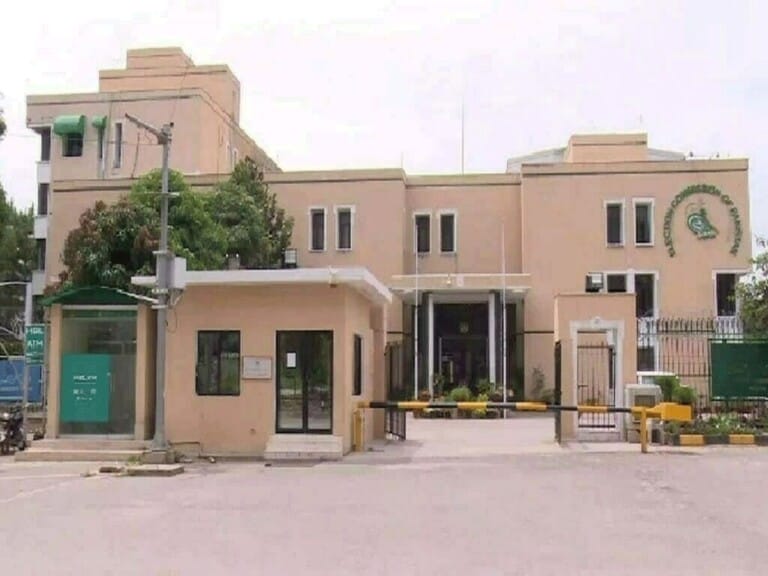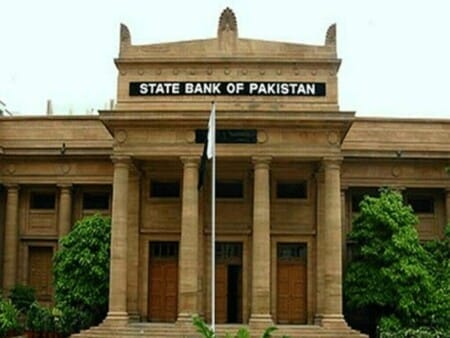In a significant stride towards modernizing its electoral processes, Pakistan has recently put its Election Management System (EMS) to the test. The mock exercise carried out by the Election Commission of Pakistan (ECP) on a Saturday offered a glimpse into how technology might streamline the future of voting in the country. The exercise gathered presiding officers from across the nation, aiming to evaluate the effectiveness and reliability of the EMS in a simulated environment.
The EMS is designed to enhance the accuracy and efficiency of the election process, covering critical steps from the log-in procedure to the final tallying and transmission of results. The ECP’s spokesperson noted that, overall, presiding officers were successful in delivering the results. Although the trial was broadly deemed encouraging, it did not go without hitches. Connectivity issues surfaced, marking a critical area for improvement as some presiding officers faced hurdles in sending the results through the system.
These technical teething problems are not unexpected in a vast and diverse country like Pakistan, where infrastructure varies widely from region to region. Nevertheless, the ECP is actively taking steps to address these challenges. The mock trial spanned 859 locations, providing a comprehensive overview of how election results are compiled and tabulated at the Returning Officers’ (RO) level—a vital step in ensuring the transparency and credibility of elections.
The deployment of EMS promises a transformative impact on how election results are processed. Its successful implementation would mean that, instead of the traditional paper-based methods, results would be transmitted electronically, reducing the chance of human error and the potential for tampering. In this recent exercise, it was noteworthy that all ROs completed the compilation and tabulation of results without any significant issues.
This development comes at a critical time for Pakistan’s democracy. With past elections often marred by allegations of fraud and mismanagement, the move to an electronic system is a significant effort to restore public confidence in the electoral process. The ECP’s commitment to refining the EMS ahead of its full-scale deployment is thus a reassuring sign for both voters and political entities.
The introduction of such technology in Pakistan’s elections is not merely about embracing digitalization; it is also about reinforcing the pillars of democracy. It sends a strong message that the country is willing to invest in and prioritize the sanctity of each vote. As the ECP continues to refine the EMS, adopting best practices and rectifying any shortcomings, Pakistan is setting a precedent for electoral reforms in the region.
Moving forward, the ECP’s focus will be on ensuring that the infrastructure can reliably support the EMS across the entire country, especially in remote and less developed areas. Training for presiding officers and seamless coordination between all levels of the election administration will be crucial to the success of future elections using the EMS.
Read also: Nawaz Sharif Reveals PML-N Manifesto to Unite Voters
As the ECP gears up for more comprehensive tests and eventual implementation, the eyes of the nation—and indeed, the international community—will be watching. If successful, the Election Management System could herald a new era of integrity, swiftness, and transparency in Pakistan’s electoral process. This technological leap could not only empower voters but also serve as a beacon for other countries navigating their electoral journeys. It is this endeavor towards free, fair, and credible elections that will continue to fortify democracy in Pakistan for years to come.
Trends: #ElectionReform #Pakistan #ElectionManagementSystem #DigitalDemocracy #VotingTechnology
What’s your take on Pakistan’s Elections 2024? Let’s know about your thoughts in the comments below!












